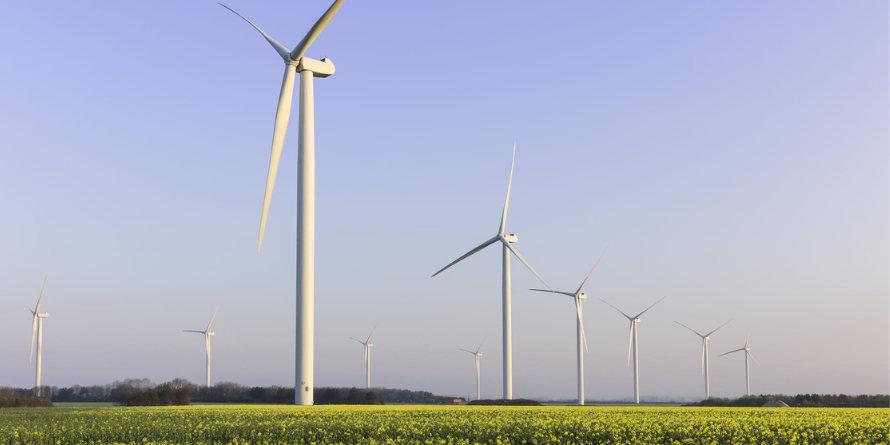A report has warned that “alarm bells should be ringing” after figures showed global wind capacity additions fell by 15% in 2022.
The slowdown, blamed on factors including the end of a subsidy scheme in China, follows two years of record activity according to the report by BloombergNEF (BNEF).
A separate report from the Global Wind Energy Council highlighted an “urgent need” to ramp up investment in the wind supply chain to avoid bottlenecks for turbines and components from as soon as 2025.
The BNEF report found developers brought 86GW of wind turbines online globally in 2022, with the bulk (89%) onshore. Offshore wind installations fell steeply, the year after a Chinese subsidy scheme expired, although the drop was partly offset by strong activity in the UK where over 3GW of offshore wind was commissioned for the first time.
Cristian Dinca, wind analyst at BNEF said: “Governments around the world are increasing their ambition on decarbonization and, at the same time, new additions are slowing on the ground.”
China’s Goldwind edged out Vestas to the top spot in the global wind turbine supplier ranking. The company supplied 12.7GW of projects last year, almost 90% of which were for its home market. Denmark-based Vestas commissioned 12.3GW overall in 2022, 3GW ahead of its US-based rival GE, which was in third place.
Read more

 United States
United States Australia
Australia





